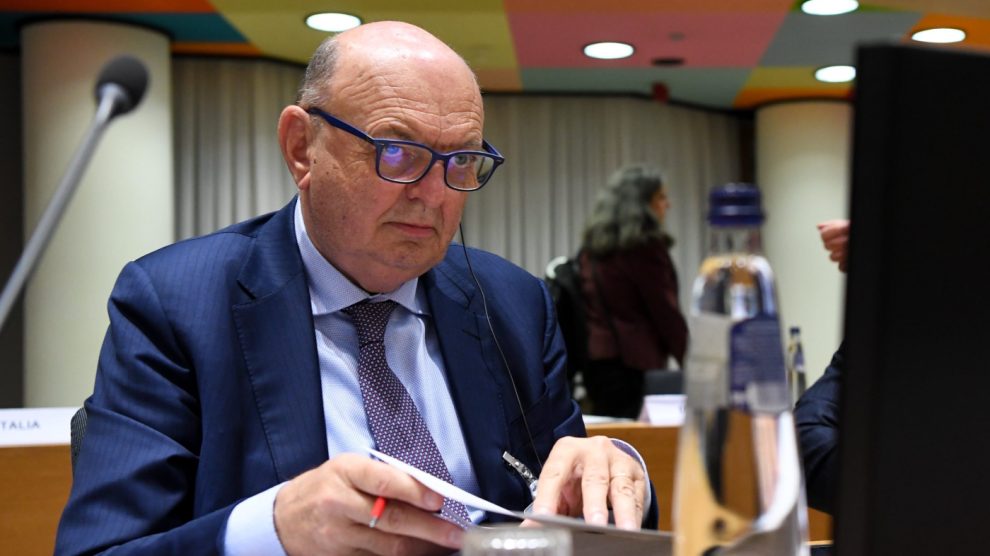Italy opposes the Commission’s gas price cap. Environment Minister Gilberto Pichetto Fratin, along with his colleagues from 15 member States that have been pushing for the measure, rejected the solution brought forth by Brussels, which was “not what we expected.”
- EU energy ministers convened for an emergency meeting on Thursday, where opposition to the plan made an agreement impossible. The decision was postponed; it will be taken up at an upcoming meeting in December.
What was in the proposal? Brussels suggested capping gas prices at €275 megawatt/hour, but only if they remain higher than that threshold for two straight weeks – and if the price difference with liquefied natural gas (LNG) remains higher than 58 €/MWh for ten days.
- For context, prices in the last decade usually fluctuated between 5 and 35 €/MWh. They stand at roughly 130 €/MWh at the time of writing.
Pichetto Fratin’s counterpoints. The proposed ceiling “is very high” – to the point it could actually stimulate speculation and jack up prices instead of lowering them, said the Environment Minister in a prior interview with Repubblica. He also criticised the cap’s activating conditions – which wouldn’t have triggered it even in August, when prices briefly peaked at 350 €/MWh.
- This cap, effectively designed never to be triggered, is attuned to the woes of a small club of countries – with Germany at the forefront – who have been backpedalling on the measure for fear of pushing suppliers away.
Rome needs that cap… Italy has been pushing to limit gas prices since last spring, when former PM Mario Draghi led the charge of EU member States demanding the measure. Current PM Giorgia Meloni also called the EU-wide price cap an “essential” measure to combat the ongoing energy crisis.
- €21 of the €35 billion in next year’s budget has been earmarked to contrast high prices. “These are resources I would like to spend otherwise. It is a bottomless pit if there is no European solution,” she said.
…as do other capitals. Fifteen more EU countries – which could form a qualified majority – are threatening to form a blocking alliance and hold up the approval of the Commission’s energy crisis package unless it’s linked to the measure, diplomats told Politico.
- Along with Mr Pichetto Fratin, several other energy ministers came forward to criticise the package. Greece’s Skrekas, who believes the cap could go as low as 150 €/MWh, said setting it at 275 “is not actually a ceiling,” while Spain’s Teresa Ribera said Brussels’ plan “isn’t a proposal, but a joke.”





